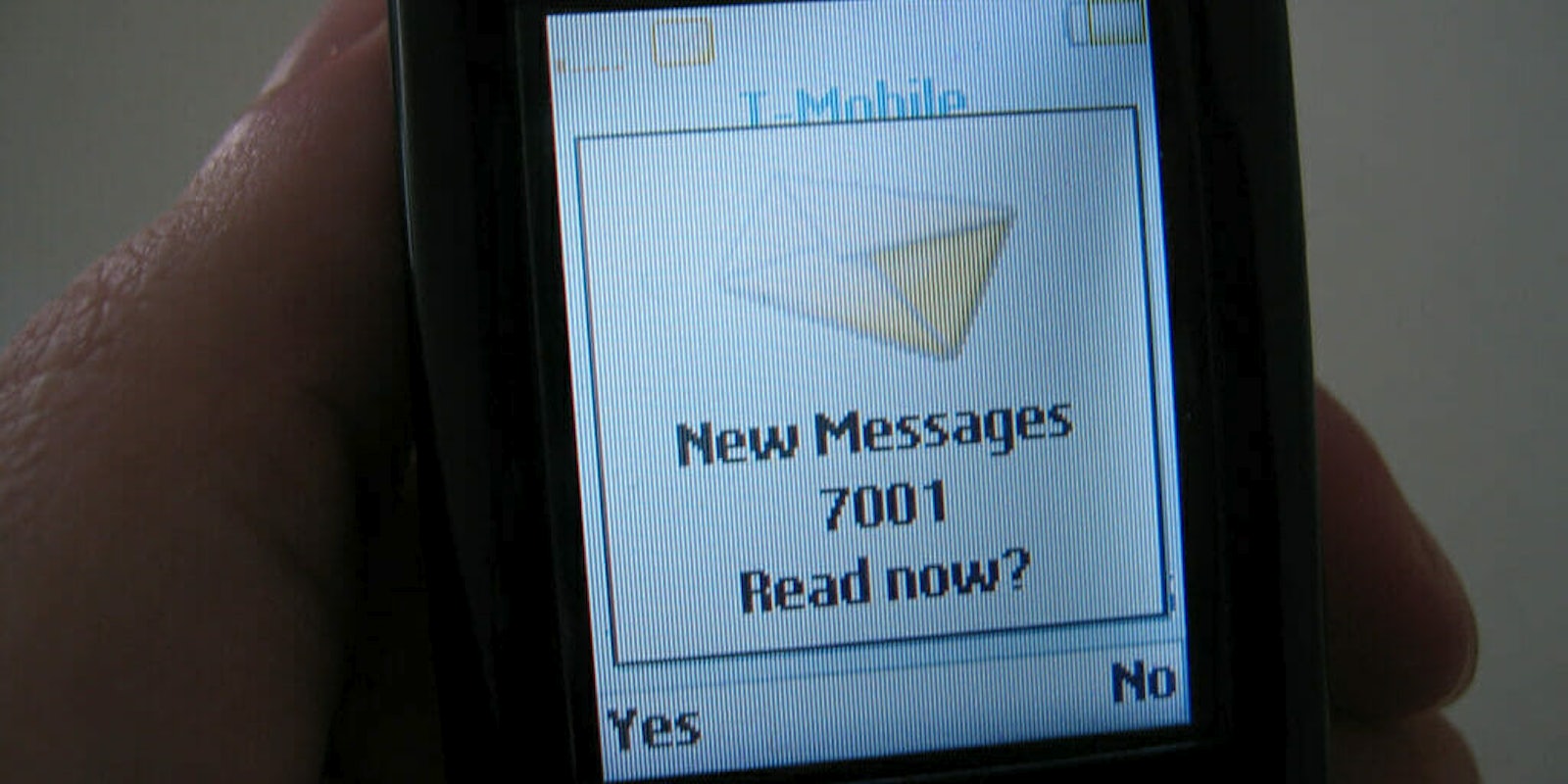California is no longer moving ahead with a proposal to tax text messages.
The California Public Utilities Commission (CPUC) made the announcement on Twitter on Friday:
Here is an update to the #texting surcharge proposal before @californiapuc. pic.twitter.com/6QziYqQKXY
— California PUC (@californiapuc) December 15, 2018
The proposal was shot down nearly as soon as it was announced; the CPUC was set to vote on the proposal in January, which, if passed, would add a surcharge to users for text messages.A Federal Communications Commission (FCC) ruling from last Wednesday has blocked the proposal.
While taxing text messages sounds like a stretch, at its core the intention had a humble aim: the extra charge would go towards funding 911 services and subsidizing phone services for users in low-income groups.
While proponents of the proposal said it could potentially help regulate spam messages, critics worried it could lead to carriers censoring messages, CNN reported last week.
In the end, it was the differentiation in the definition of “text messages” that broke the deal. On Wednesday, the FCC ruled that text messaging falls under the category of an “information service” and not a “telecommunication service,” and the Telecommunications Act has limits on the state’s authority to control information services.
The 1996 Telecommunications Act, which deregulated the cable industry and emphasized the importance for the government to ensure access to information for citizens, defines “information service” as “the offering of a capability for generating, acquiring, storing, transforming, processing, retrieving, utilizing, or making available information via telecommunications, and includes electronic publishing, but does not include any use of any such capability for the management, control, or operation of a telecommunications system or the management of a telecommunications service.”
It defines “telecommunication service” as “offering of telecommunications for a fee directly to the public, or to such classes of users as to be effectively available directly to the public, regardless of the facilities used.”
The tax would have been added to users’ monthly bills, as opposed to a per-text fee. Most carriers charge a flat monthly rate for texting.
This is fitting for a year when Americans across the country received a text message from President Donald Trump because interacting with his Twitter alone just wasn’t enough anymore
In October, the president used the Wireless Emergency Alert system in an unprecedented move to text a drill alert to cellphone users across America, though not everyone received it. Many cellphone users also receive warning messages about incoming floods or child abduction through the Amber Alert system, though that isn’t a text message service.
H/T CNN


